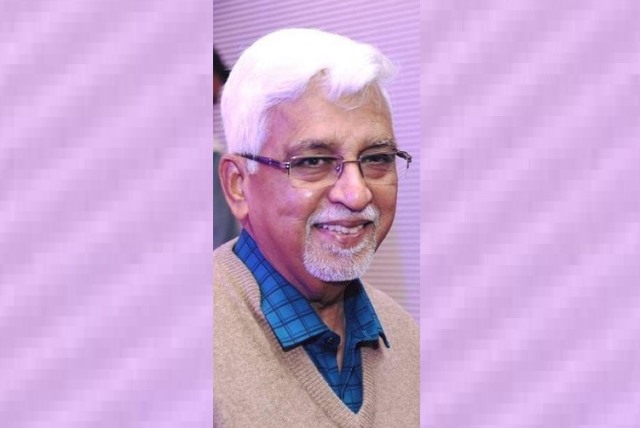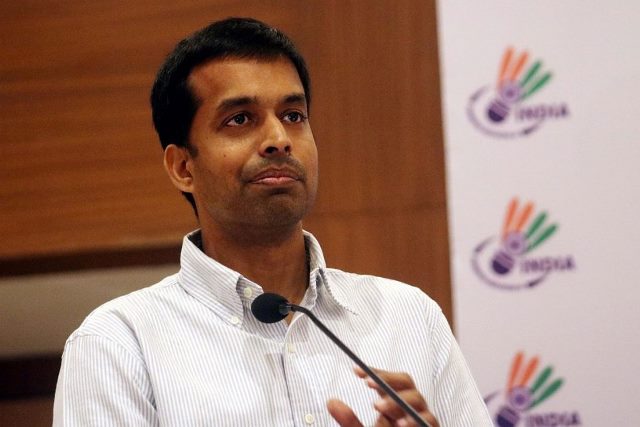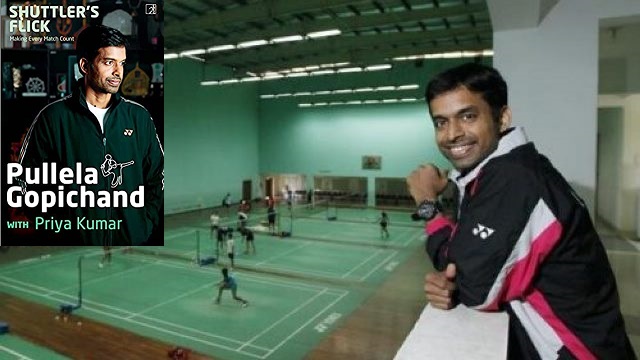Veturi Srivatsa, a senior sports journalist, analyses whether India will be in a position to organising the Olympic Games in 2036. His views
Prime Minister Narendra Modi has often said ‘think big, dream big and act big’. True to his dictum, he proclaimed that India would bid for the 2036 Olympic Games. Close on the heels of India’s excellent show in the Hangzhou Asian Games came the formal announcement at the International Olympic Committee (IOC) session in Mumbai in October.
It is no guess that Nita Ambani, the first Indian woman on the IOC Committee, is the moving spirit behind the Olympic bid. If the Coca-Cola can buy the Games for the city of its headquarters Atlanta, why can’t the Ambanis do the same for an Indian city of their and Prime Minister’s liking? In the last couple of decades, the Games have been made into a marketing extravaganza from a sporting event. And the Modi Government has acquired some sort of an expertise in event management.
If India’s bid is approved, it will be the biggest sporting event India will be hosting after the 2010 Commonwealth Games. A look at Ms Ambani’s involvement in sports and other social activities amply makes it clear that she can get the Games with a little push from her husband’s Reliance Industries and any Government in power around that time.
The Prime Minister’s announcement came even as the IOC warned against excluding athletes and teams for political reasons amid growing politicization of sport. That should not be a major issue for India if the Games indeed are allotted to the country.
ALSO READ: ‘Asian Games Medal Haul Is Result Of Joint Effort’
Is India in a position to host the Olympics, competing with other major metropolises in the world? Yes, the Indian Prime Minister thinks so, and gave a sort of assurance to the IOC. He told the delegates that by 2036, India would be a major economic power, and organizing the Games would well be within its capability and capacity.
One may be tempted to look at the Olympic bid like many futuristic plans of Modi who believes not in five-year plans, but in looking decades ahead, connecting it to some auspicious period or happening. Whatever may be his other failings, Modi has shown keen interest in sports and sportspersons. He tweets to take note of every sporting success and makes it a point to meet the winners on their return home.
Modi can kick-start the process, though it is not going to be all that easy for India to get the Games. The going can get tough at the bidding stage itself, let alone winning the bid competing with more than a handful of countries who have fabulous infrastructure readily available.
The Olympic host is decided by a secret ballot with 99 IOC members voting, barring those who are honorary members or under suspension. Also, the bidding nations can’t vote. The host nation gets seven to eight years to plan it out.
Modi knows what it costs to get the Games, money, and power to influence the voting members. India can be somewhere near a major economy by the turn of the decade but is that enough to clinch the vote for the Games after Paris next year, Los Angeles in 2028 and Brisbane in 2032? Most cities that hosted Olympics are still struggling to come out of debts. Will India be ready for huge public spending? Perhaps, yes.
Coming to the continental Games, India’s performance at Hangzhou was on the expected lines, true to its slogan “Ab ki baar sau paar” (hundred-plus medal mark). The total tally was 107 as predicted, and that is good enough cause for the country to celebrate, their best in the Games. They finished fourth in the medal standings, with 28 gold, 38 silver and 41 bronze.
What is more satisfying for India is the spread of the canvas, winning medals in 21 disciplines, including sepak-takraw, wushu, roller-skating and bridge. A major point to be noted is the number of athletes who proved good enough to qualify to test their mettle at the next Olympic Games in Paris.
The success stories are too many to list. India’s men’s hockey gold gave them a ticket to Paris. Quite a few athletes have made it to the Olympics, the foremost being Neeraj Chopra and the next best in javelin Mukesh Kumar Jena. Shooters and archers had a great Games and athletes continue to make a splash. Even as the singles players on the downslide, the men’s doubles pair of Satwiksairaj Ranki Reddy and Chirag Shetty are dominating the doubles play world over.
A look at the medals tally of the three countries above India put things in perspective. China at the top have 383 medals, 201 Gold, 111 silver and 71 bronze, Japan returned with 188, 52 gold, 67 silver and 69 bronze, while South Korea had 42 gold, 59 silver and 89 bronze. All this tally of medals pale when one looks at China’s 201 gold alone!
As told to Deepa Gupta
For more details visit us: https://lokmarg.com/


